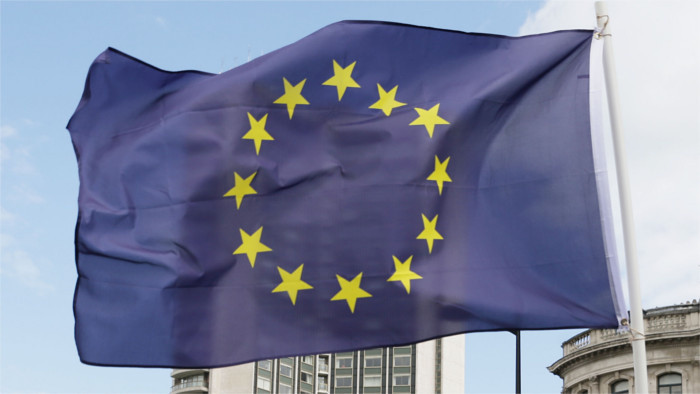Europe Day, which falls on May 9, commemorates the Schuman Declaration, which started modern European integration and led to the creation of the European Union (EU). Europe Day has been officially commemorated since 1985 and has become one of the symbols of the EU, along with the EU flag, its anthem or the motto, which reads "United in diversity".
The foundations of European integration were laid on May 9, 1950 by the then French Minister of Foreign Affairs, Robert Schuman, when in a speech in Paris he proposed a new form of political cooperation in Europe that would prevent wars between European nations. His advisor and friend Jean Monnet helped him significantly in its conception.
In his speech, he proposed transferring Franco-German coal and steel production under one supreme authority. It was supposed to be open to other European countries as well. Their cooperation was supposed to take place in such a way as to create common interests between European countries, which would gradually lead to political integration, a basic prerequisite for the pacification of mutual relations after the Second World War.
"Europe will not be built all at once or according to some simple plan. It will be built on the basis of concrete achievements that first create a feeling of mutual solidarity. The union of European nations requires the elimination of the long-standing hostility of France and Germany," Schuman said in his speech.
Six countries responded positively to his proposal - France, the Federal Republic of Germany, Italy, Belgium, the Netherlands and Luxembourg, and on April 18, 1951, they signed the Paris Agreement. It entered into force on July 23, 1952, and thus the European Coal and Steel Community (ECSC) was created.
Schuman's efforts for the cooperation of European countries did not slacken and he concentrated on the creation of the bodies and institutions of the future common Europe. In 1955 he became the President of the European Community and in the years 1958-1960 he was the first President of the European Parliamentary Assembly based in Strasbourg. When he left office, the parliament awarded him the title "Father of Europe".
Cooperation and integration were significantly deepened on May 23, 1957, when in Rome the representatives of Belgium, France, the Netherlands, Luxembourg, the Federal Republic of Germany and Italy signed the treaties on the basis of which the European Economic Community (EEC) and the European Atomic Energy Community were established.
The founding members were gradually joined by other countries - in 1973 Denmark, Ireland and Great Britain, in 1981 Greece, in 1986 Portugal and Spain. In 1990 and today the former German Democratic Republic (GDR).
After November 1, 1993, the Maastricht Treaty (signed on February 7, 1992) entered into force, and European integration thus shifted to the form of the EU.
Finland, Sweden and Austria became members of the EU in 1995, Cyprus, the Czech Republic, Slovakia, Hungary, Poland, Lithuania, Latvia, Estonia, Malta and Slovenia in 2004. At the beginning of 2007, the Union expanded to include Bulgaria and Romania, and on July 1, 2013, to include Croatia.
By joining the EU, the countries undertook to respect its peaceful goals, social progress, economic development and solidarity, as stated in the Schuman Declaration on the fulfillment of an ancient dream - the unification of the European continent.
n the referendum on June 23, 2016, the residents of the United Kingdom decided on the so-called Brexit. After several years of negotiations, the decision of the citizens of the United Kingdom to leave the EU came true on January 31, 2020.
(TASR)

